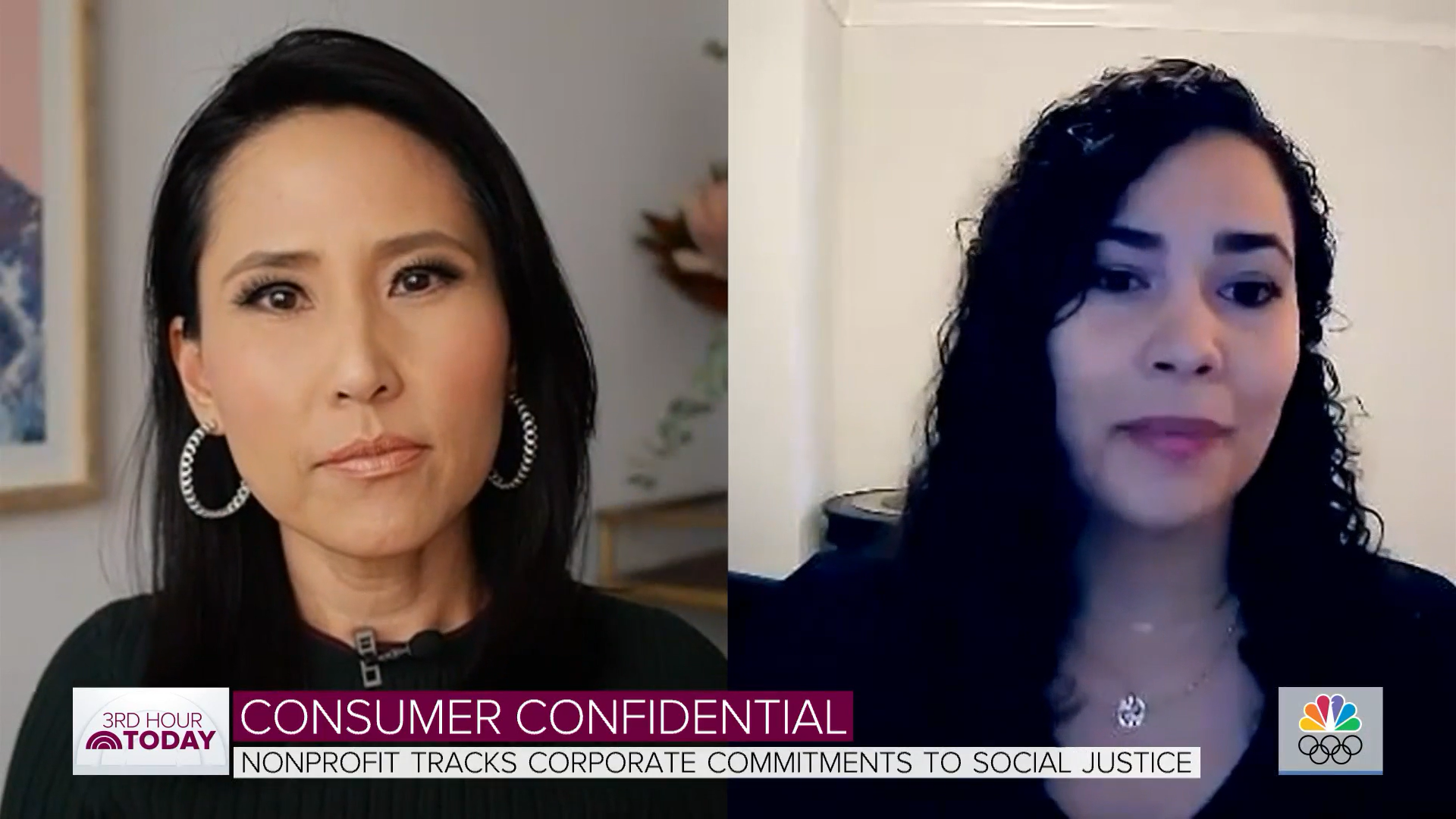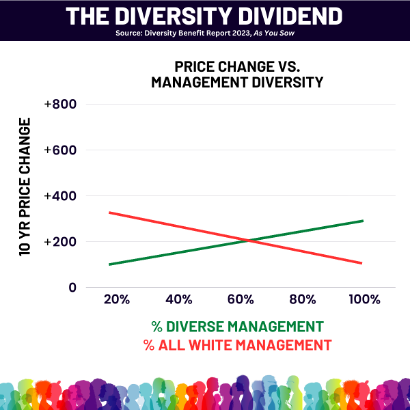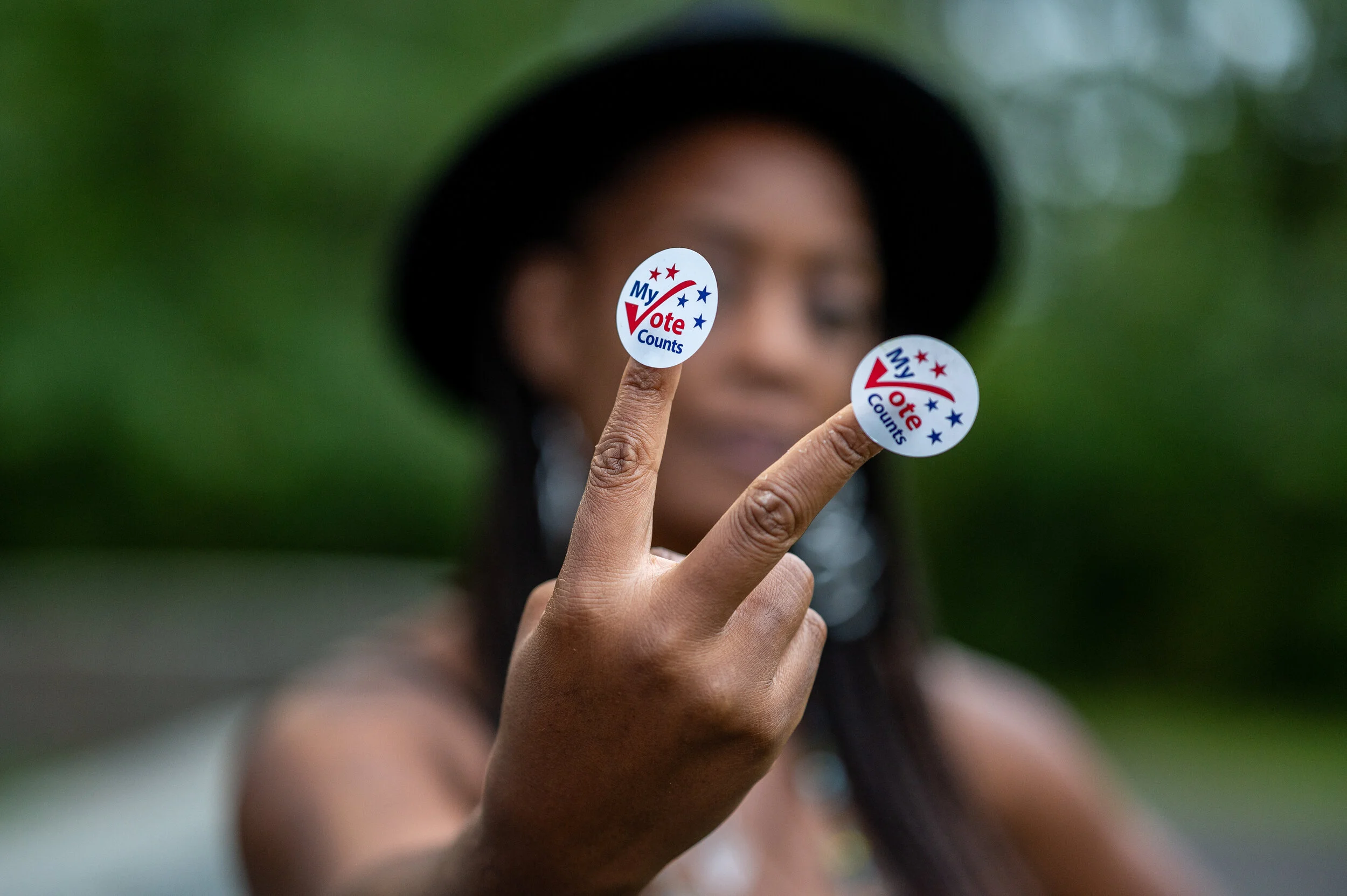RACIAL JUSTICE
Racial Justice Initiative
In May 2020, the world witnessed the horrific death of George Floyd, shocking Americans into confronting the racial injustice experienced by Black Americans daily. This event forced a re-evaluation of our most fundamental beliefs and institutions and became a catalyst for change. As You Sow®, the nation’s leading non-profit in shareholder advocacy, created the Racial Justice Initiative to hold corporations accountable on the racial justice statements issued in response to George Floyd’s murder and the national uprising demanding eradication of systemic racism. The purpose of the Initiative is to monitor corporate responses and follow up with companies to ensure that statements of support for racial justice are translated into concrete actions that truly promote equity, thereby helping them on the path to end corporate complicity in systemic racism.
+ Corporate Engagement on Racial Justice
There is growing acknowledgment that systemic racism is the underlying cause of discrimination and injustice, and that corporations are complicit in perpetuating systemic racism. Our role, as shareholder advocates, is to educate companies so they can examine the implicit biases built into their systems. The Racial Justice Initiative helps companies enhance their business models and create a direct positive impact on the lives of all stakeholders.
Since 2020 the Racial Justice Initiative has developed Racial Justice Scorecards on the Large-Cap 3000, which track publicly available information on key actions related to racial equity, diversity, equity and inclusion (DEI) disclosure and policies, and environmental justice. Our Scorecards serve as educational tools and guidelines to help a variety of stakeholders understand and gauge corporate progress on racial equity. We update our data quarterly, giving companies we engage with the opportunity to improve throughout the year. We conduct our intensive annual research from May – September.
The Racial Justice Initiative directly engages public companies on their racial equity and DEI policies and practices. Our Scorecards are the backbone of our corporate engagement strategy and our key performance indicators (KPIs) are evaluation guidelines which track and monitor corporate progress. Our Racial Justice Scorecards have been used to create standards for investors, companies, and stakeholders to act responsibly in favor of racial equity.
+ Racial Justice Scorecards: Quarterly Update Key Findings as of December 31st, 2024
View our Racial Justice Scorecard Data Visualization Tool
- Of the Large-Cap 3000 companies, only 26% made statements in reference to George Floyd’s murder. Of these, 67% were posted on their websites; 33% on social media
- 24% of the Large-Cap 3000 companies have made a statement, or completed a public action, which referenced their CEO accepting responsibility to further racial equity
- 17% of the Large-Cap 3000 companies that made a statement named victims of police violence
- Only 8% of the Large-Cap 3000 companies that made a statement which stated that Black Lives Matter
- Only 108 companies in the Large-Cap 3000 stated that they are, or aspire to be, antiracist companies and/or are conducting antiracist trainings
- 255 companies in the Large-Cap 3000 have a C-Suite Level executive leading the company’s DEI Department. These 255 people have DEI, or a similar term, in their corporate title, and lead DEI-focused departments, programs, and/or taskforces
- 19% of the Large-Cap 3000 companies have made financial donations to racial justice organizations/causes
- Only 96 of the Large-Cap 3000 companies publicly recognized, or made statements regarding environmental justice in relation to their business practices
- 393 of the Large-Cap 3000 companies have between 1 and 25 environmental violations since 2020
- Only five companies in the Large-Cap 3000 have more than 100 environmental violations each since 2020
- Only one company, McDonald’s, received the lowest possible score for having disproportionate effects on BIPOC communities
- Of the Large-Cap 3000 companies, 116 companies have a total score that is less than zero, meaning that they do more harm to communities of color than they make up for with positive policies and practices. The majority of the low scorers are in the Industrials sector, followed by the Materials and Energy sectors














